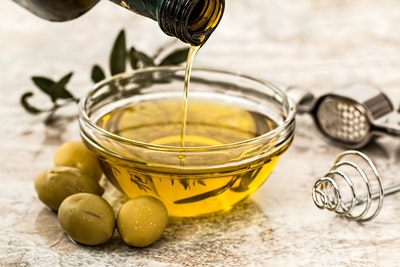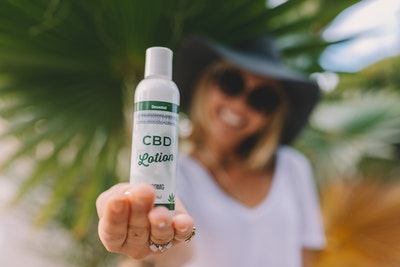Can Used Cooking Oil Have a Positive Impact on the Economy?
 UCO is no longer poured down the sink with a potful of boiling water to accompany it down the drain.
UCO is no longer poured down the sink with a potful of boiling water to accompany it down the drain.
Not with all the used cooking oil recycling facilities in almost every city. You can collect your used cooking oil for your local recycling facility to collect.
The demand for used cooking oil is rising as manufacturers discover new uses for it.
Used cooking oil or ‘liquid gold’ can be used to create a variety of products from biofuels to soap. Moreover, these products are bio-friendly which is great for the environment.
When the used cooking oil recycling company picks your waste oil up, they filter it to remove impurities. These include bits of food, sauces, and spices as well as any debris that is not needed.
The cleaned oil is then reused for a wide range of products. These include the following:
- Biofuel
- Soap
- Cosmetics
- Animal feed
#1 UCO is Used to Make Biofuel
Waste cooking oil is one of the main ingredients used in the making of biodiesel. This is a biodegradable fuel that is derived from vegetable oils. Eco-friendly fuels are the future of fueling as they help to reduce greenhouse gas emissions.
What is more, it is sustainable as it is derived from naturally available resources. Biodiesel producers link up with cooking oil suppliers to collect gallons of used cooking oil.
Accessing waste cooking oil means that biodiesel producers do not have to buy it fresh from the producer. This could lead to an inflation of cooking oil prices as demand may exceed supply.
They collaborate with recycling plants to provide them with UCO collected from restaurants, hotels, and more. Again, they provide restaurants and hotels with a safe means of getting rid of waste cooking oil.
#2 Soap
To make soap, you need to primary ingredients:
- An alkaline
- Oil
Soap makers favor two methods of soap production:
- Hot process
- Cold process
They both begin by heating the oil to 43°C (110°F). Then they add lye solution, blend it with oil until the soap emulsifies, and can be poured into a mold. Other natural ingredients added include coloring, essential oils, exfoliants such as ground coffee, oats, and more.
#3 Cosmetics
Oil is included in the vital ingredients that make cosmetic products such as skincare as well as hair care products. It is also included in makeup products such as foundations, lipsticks, and more. Oil gives these products that easy-to spread quality as well as the soft texture.
#4 Animal Feed
Cooking fats and oils are recycled by animal feed producers to manufacture food for farm animals. The producers must meet stringent standards as the process is not as straightforward as, say, making soap.
The producers reintroduce used cooking oil into the animal feed. Consequently, they must take extra care in the production process. The animal feed cannot be contaminated as this would cause health problems for the livestock.
Ill health in the livestock will roll over to the humans as it affects meat and other animal product quality. Therefore, the production process must be very sanitary to ensure contamination does not take place. Ultimately, they must keep high food safety standards.
The above-mentioned products and more are sold to consumers, therefore, generating income. Also, factories are created for producing these products thus creating employment and a means of earning a living for countless people.
Recycling Used Oil Has Both Environmental and Economic Gains
Economic Gains
The recycling industry has grown exponentially over the years. It is responsible for the creation of thousands of jobs.
Moreover, it has created hundreds of business opportunities as well as new markets.
Environmental Gains
The availability of bio-friendly products is great for the environment. It means fewer emissions of poisonous gases that have been known to cause health problems.
Also, a host of environmental issues could be resolved if the world could quit using fossil fuels, for instance.
Conclusion
Recycling UCO comes with both economic and environmental benefits. It creates jobs and introduces new markets. Additionally, it creates products that are bio-friendly.






